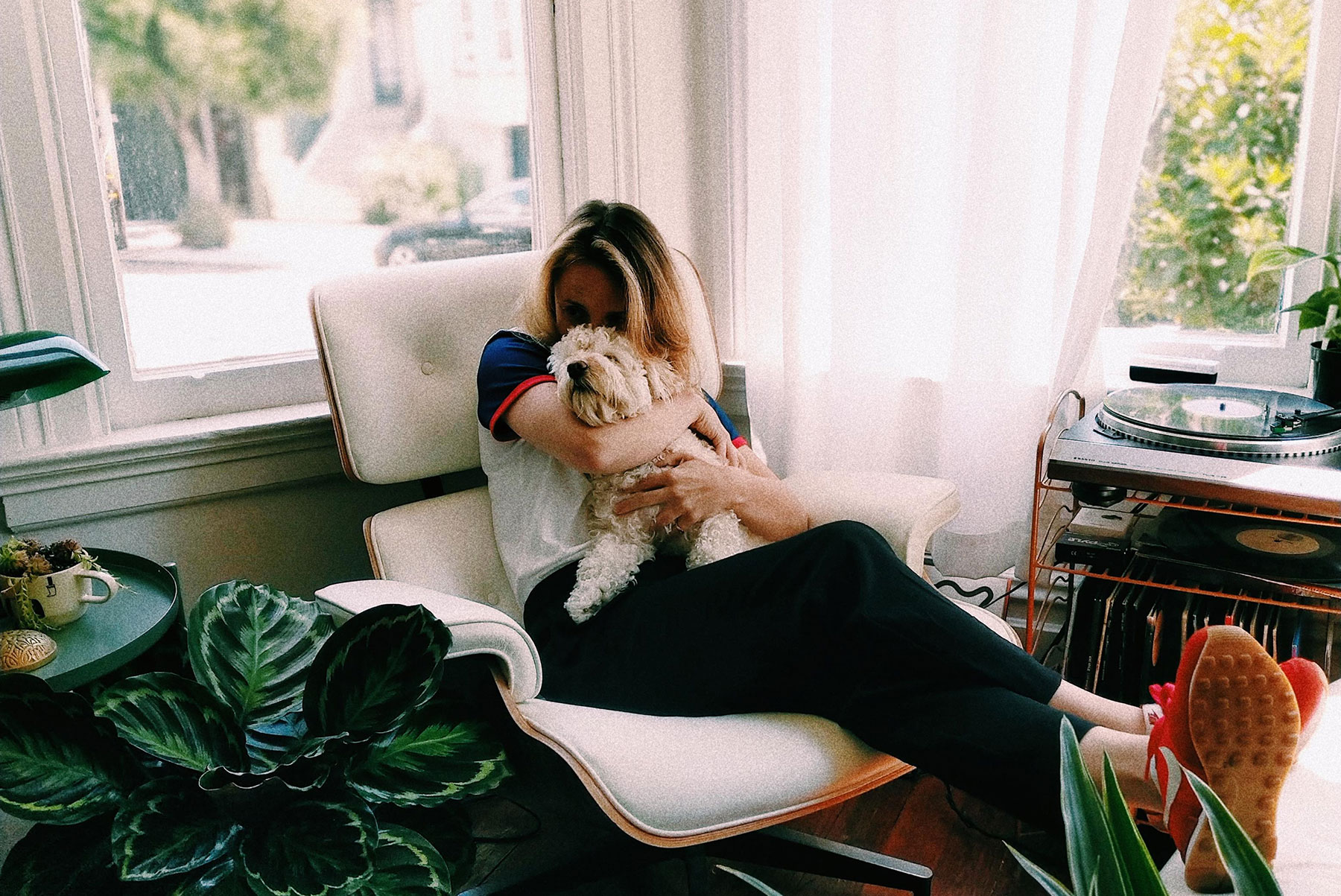Kicking off with does homeowners insurance cover tenants, this opening paragraph is designed to captivate and engage the readers, setting the tone formal and friendly language style that unfolds with each word.
Exploring the nuances of homeowners insurance coverage for tenants is essential for both landlords and tenants alike. Understanding the extent of coverage and potential limitations can make a significant difference in ensuring financial security in rental situations.
Understanding Homeowners Insurance

Homeowners insurance is a type of property insurance that provides coverage for damages to a person’s residence and the assets within the home. This insurance policy also offers liability coverage against accidents that may occur on the property.
Coverage Provided by Homeowners Insurance
Homeowners insurance typically covers damages caused by fire, theft, vandalism, and certain natural disasters. It also includes personal property coverage, which protects belongings like furniture, clothing, and electronics.
Typical Components of a Homeowners Insurance Policy
A standard homeowners insurance policy consists of dwelling coverage (for the structure of the home), personal property coverage, liability protection, and additional living expenses coverage. These components work together to safeguard homeowners from various risks.
Scenarios Where Homeowners Insurance Comes into Play
Homeowners insurance can be beneficial in situations such as a house fire, theft of personal belongings, or a guest getting injured on the property. This insurance helps cover the costs associated with these incidents and provides financial protection to the homeowner.
Does Homeowners Insurance Cover Tenants?
When it comes to tenants, homeowners insurance generally does not cover their personal belongings or liability. The policy primarily protects the homeowner and their property, but there are exceptions to when tenants may be covered.
General Coverage for Tenants under Homeowners Insurance, Does homeowners insurance cover tenants
Tenants are usually not covered under a homeowners insurance policy. However, in some cases, they may be protected if the damage or loss is caused by the homeowner’s negligence or the property’s structural issues.
Limitations of Homeowners Insurance for Tenants

Exclusions in homeowners insurance for tenants may include personal property coverage, liability protection, or additional living expenses. Tenants may need to consider purchasing renters insurance to ensure full coverage for their belongings and liability.
How Can Landlords Protect Themselves When Renting to Tenants?: Does Homeowners Insurance Cover Tenants

Landlords can protect themselves by requiring tenants to purchase renters insurance, which covers their personal belongings and liability. It’s essential for landlords to understand their insurance obligations and ensure that their tenants are adequately covered to avoid potential disputes or financial losses.
Final Thoughts
In conclusion, navigating the realm of homeowners insurance and tenant coverage requires a thorough understanding of policy details and potential scenarios. By being informed and proactive, both landlords and tenants can make well-informed decisions to protect their interests and assets.
Question Bank
What does homeowners insurance typically cover for tenants?
Homeowners insurance usually covers the physical structure of the property, personal belongings, liability protection, and additional living expenses in case of a covered loss.
Are tenants covered under the homeowner’s insurance policy?
Tenants are generally not covered under the homeowner’s insurance policy, but there may be exceptions depending on specific situations and the terms of the policy.
When do tenants need separate renters insurance?
Tenants may need separate renters insurance to cover their personal belongings, liability protection, and additional living expenses not included in the landlord’s homeowners insurance policy.

